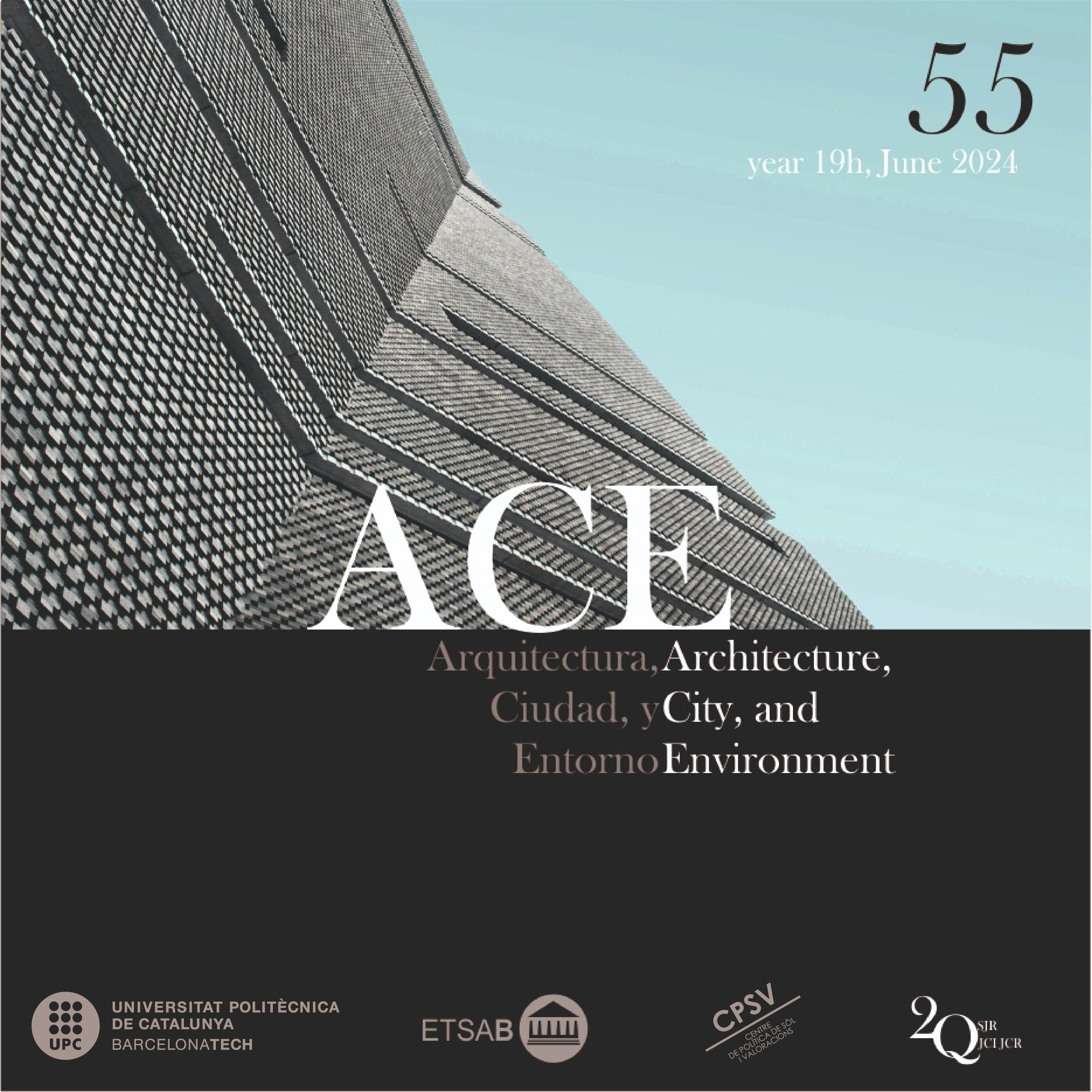Urban Space and Sense of Community: Insights to Improve Residential Quality of Life and Prevent Loneliness
DOI:
https://doi.org/10.5821/ace.19.55.12437Keywords:
sense of community, quality of life, loneliness, well-being, social mappingAbstract
The sense of community is a concept composed of both the social and physical aspects of a community. In that sense, it is considered that the feeling of belonging to a group is delimited and determined by the tangible physical spaces where social interactions occur and the meaning that people give to such spaces. From the theoretical framework of the sense of community, it is a concept that predicts the degree of mobilization of a community to demand and introduce improvements in its neighborhood, as well as contributing to the well-being and quality of life of the neighbors. In this study, we used a mixed methodology: a correlational design through self-reported questionnaires and a qualitative design through interviews accompanied by social mapping or participatory cartography, which allow us to better understand the mental and graphic representation that people make about their neighborhood. Our results indicate that the sense of community, particularly the well-maintained physical aspects that facilitate accessibility and social interaction, are related to a higher quality of residential life and less unwanted loneliness, which are considered indicators of well-being in the general population. These findings have interesting implications for the configuration, together with residents, of inclusive public urban spaces.
Downloads
Published
Issue
Section
License
| INTELECTUAL PROTECTION CRITERIA |
At this moment, it is count with the "Oficina Española de Patentes y Marcas", while global protection it is being processed by the World Intelectual Property Organization (OMPI/WIPO). Nevertheless the International Standard Serial Number Office (ISSN) has given the following numbers ISSN: 1886-4805 (electronic version) and 1887-7052 (paper version). All articles will be peer reviewed, using double blind reviewing. |
| COPYRIGHT |
The article contents and their comments are authors exclusive liability, and do not reflect necessarily the journal editor commitee's opinion. All ACE published works are subject to the following licence CC BY-NC-ND 3.0 ES http://creativecommons.org/licenses/by-nc-nd/3.0/es/ It implies that authors do not hold nor retain the copyright without restrictions but only those included in the licence. |





































